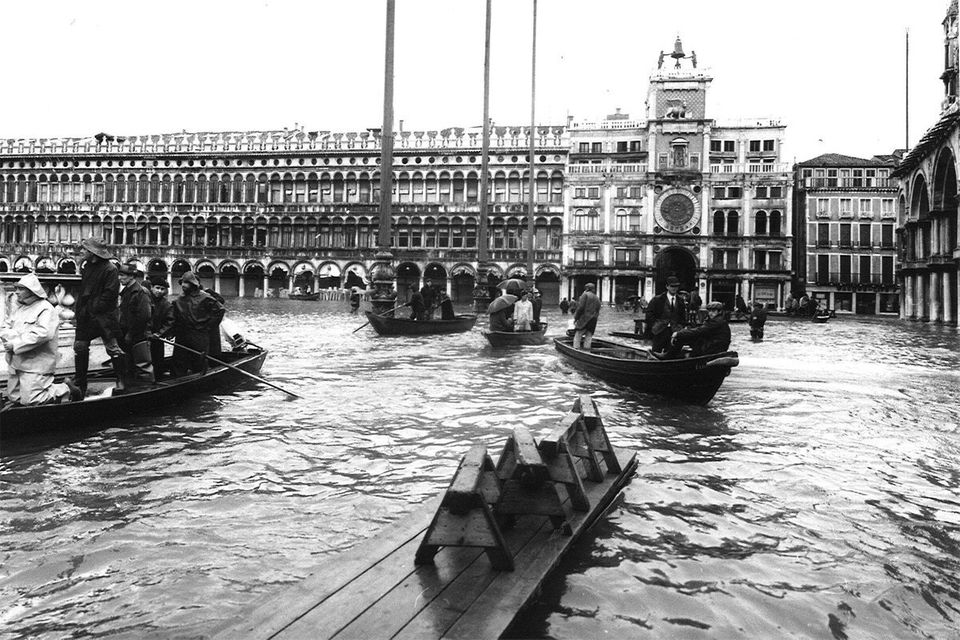AquaGranda and oral history workshops with schools
May 30, 2020
The oral history workshops see the students of the territory (in particular the Benedetti-Tommaseo high school in Venice, the dal Piaz high school in Feltre and the Gaileo Galilei high school in Dolo) become the protagonists of a new way of making history, in order to create a collective memory that can be used by everyone. The students will become collectors of memories and direct testimonies, learning first of all the techniques of listening and interviewing.
The main objective is to recover the water roots of the Venetians and those who live in Venice, through the minor stories, those that usually do not end up in books. Students will be consciously directed to the recovery, reconstruction and understanding of the past and, specifically, of the relationship of citizens with water. But how do we collect and enhance historical memories? In our case, we will work on oral sources. Sources that should be valued and considered as reliable as written ones. But what is meant by an oral source?
"The oral source is built through a story solicited by an interview, a questioning of someone who can say something about a certain event, about a certain period, thus putting the individual point of view in the foreground, with all the problems and implications of such a choice, also related to memory."
Antonella Fischietti, in Oral Sources. Istruzioni per l'uso, 2008
Oral sources are a delicate terrain: they are sources that create many problems because they overlap coordinates such as the subjectivity of the witness and the memory-oblivion mechanisms that characterize memory. The practice of interviewing can be learned by practicing it. There are methodological elements that must be learned, and this is what the workshops will be for. Then the students, under the supervision of experts, will build and manage the relationship of trust with their witnesses independently. The inter-view is an exchange not only of words, but of looks and gestures, of 'unspoken', of silences and stories. One must be predisposed to listen and be grateful that the person in front of us is entrusting us with a part of himself. The witness has the pleasure of telling his or her story, but also has within him or her the fatigue of telling.
The experts who will collaborate in the project are: Professor Alessandro Casellato (associate professor at Ca' Foscari, where he holds a course in oral history), Professor Cinzia Crivellari (contract professor at Ca' Foscari, she deals with the didactics of history) and Antonella De Palma. The latter directs the Società di Mutuo Soccorso Ernesto de Martino, the Venetian section of the Institute of the same name based in Sesto Fiorentino (FI). She deals with the conservation and valorization of oral sources. In the past, she has been interested in the relationship of the inhabitants of Venice with water and in the effects of the high water of 1966, interviewing, transcribing and then archiving various direct testimonies. Antonella, an expert collector, will give some advice to the students for their field research. She has published part of her research on the subject in the volume 'Una città. Venice, the memory of water, edited by Antonella De Palma and Sandra Savogin, Società di mutuo soccorso Ernesto de Martino, Venice 2009'.
This article has been written by Valentina Lisi, Tutor of the Oral History Lab AquaGranda
The main objective is to recover the water roots of the Venetians and those who live in Venice, through the minor stories, those that usually do not end up in books. Students will be consciously directed to the recovery, reconstruction and understanding of the past and, specifically, of the relationship of citizens with water. But how do we collect and enhance historical memories? In our case, we will work on oral sources. Sources that should be valued and considered as reliable as written ones. But what is meant by an oral source?
"The oral source is built through a story solicited by an interview, a questioning of someone who can say something about a certain event, about a certain period, thus putting the individual point of view in the foreground, with all the problems and implications of such a choice, also related to memory."
Antonella Fischietti, in Oral Sources. Istruzioni per l'uso, 2008
Oral sources are a delicate terrain: they are sources that create many problems because they overlap coordinates such as the subjectivity of the witness and the memory-oblivion mechanisms that characterize memory. The practice of interviewing can be learned by practicing it. There are methodological elements that must be learned, and this is what the workshops will be for. Then the students, under the supervision of experts, will build and manage the relationship of trust with their witnesses independently. The inter-view is an exchange not only of words, but of looks and gestures, of 'unspoken', of silences and stories. One must be predisposed to listen and be grateful that the person in front of us is entrusting us with a part of himself. The witness has the pleasure of telling his or her story, but also has within him or her the fatigue of telling.
The experts who will collaborate in the project are: Professor Alessandro Casellato (associate professor at Ca' Foscari, where he holds a course in oral history), Professor Cinzia Crivellari (contract professor at Ca' Foscari, she deals with the didactics of history) and Antonella De Palma. The latter directs the Società di Mutuo Soccorso Ernesto de Martino, the Venetian section of the Institute of the same name based in Sesto Fiorentino (FI). She deals with the conservation and valorization of oral sources. In the past, she has been interested in the relationship of the inhabitants of Venice with water and in the effects of the high water of 1966, interviewing, transcribing and then archiving various direct testimonies. Antonella, an expert collector, will give some advice to the students for their field research. She has published part of her research on the subject in the volume 'Una città. Venice, the memory of water, edited by Antonella De Palma and Sandra Savogin, Società di mutuo soccorso Ernesto de Martino, Venice 2009'.
This article has been written by Valentina Lisi, Tutor of the Oral History Lab AquaGranda



